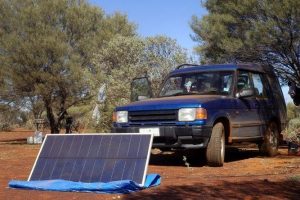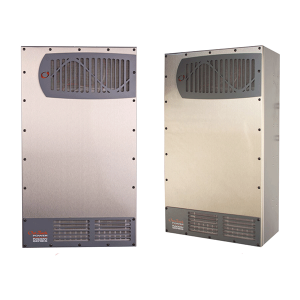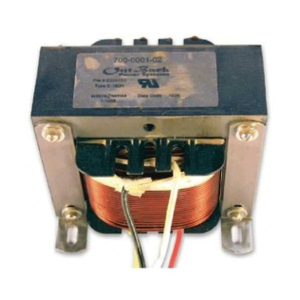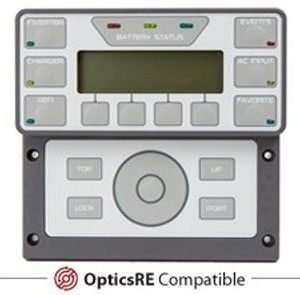
There’s a strange paradox that informs every facet of modern society – the more connected we are, the more disconnected we feel. We now have access to our friends lives 24/7; we can see what they’ve been up to and give a thumbs-up to their dream vacation without ever speaking a word to them; we know all about the lives of everyone we went to high school with, and they know about us, but the connection never feels real. We’re isolated in our connectivity; we feel like we shouldn’t need more because we see how much connection we ostensibly have, and that makes relationships falter. We have all the food you could imagine, from all over the world; like social media, we can eat any of it, but we have no real connection with how it was grown, how it got to our table – it’s just there, without a story, without meaning. We hear about climate change, how overconsumption is killing the planet, how vast and imposing coal-fired power plants are corrupting the atmosphere and destroying whole ecosystems and yet we find ourselves unable to do anything because we feel disconnected.
So Who’s Really Off-The-Grid
Disconnecting from urban life demands more of you; it demands that you become more connected to what sustains you. First, your home will demand more of you. Urban homes are becoming automated to the point that if a virus wiped out all of humanity, our homes would probably continue running, lights flickering on and off depending on the time of day, heating and cooling triggering automatically, providing creature comforts for creatures long since past. An off-the-grid home is far more efficient; not in terms of comfort, but in its use of energy. This efficiency comes from the effort and care you have to put into maintaining such a home. Want to be warm in the wintertime? You’d best chop a lot of firewood before the hard months come around. Too hot in the summer? You’d best go for a swim, or have a very large solar array with some powerful batteries; air conditioning has a high energy cost.
Reduce Your Energy Costs
This type of living forces you to consider all of your consumption choices. Should I run the washing machine on a rainy day, or will I risk depleting my battery? Should I buy chickens for food, or should I just grow what I can from the ground? How much food should I save for the winter, and how much should I sell at farmers markets for profit? There’s a constant evaluation of the resources that you have, and the resources you can get in a trade-off; an evaluation of resources that has more or less left our modern society. When you spend money, it’s hard to say exactly where that money came from – yes, it came from your job, but who is paying you, where they’re getting that money from, how it’s all allocated is all somewhat mysterious. The intangibility of it all, the lack of a narrative – that’s why we feel disconnected.
Getting Started Off-Grid
Starting your off-the-grid life might seem daunting; it is a totally life-changing proposition, after all. The best way to go about it is to start slowly; you can’t expect to go from an automated lifestyle to one of self-reliance in a day. You can begin by lowering your carbon footprint; whenever you’re about to use energy, ask yourself if you really need to, or if you’re doing it for convenience. Try walking or biking to your destinations instead of taking the car. Go to local farmers’ markets instead of the grocery store. Install a solar array on your home to reduce your reliance on your utility, and try to fix problems with wiring, plumbing and carpentry with your own two hands instead of calling a professional. Just remember not to go in over your head; there will be problems you don’t know how to fix and information you can’t find, and that’s okay – it’s a learning process.
Once you’ve started your adjustment, see if you can find a place to stay that’s off-the-grid. At first, you might want to keep your full-time job, while you adjust to growing your own crops and fixing your own home without help; the last thing you want is to go off-the-grid without the resources you need for a healthy life. There are plenty of forums and articles that can help you learn off the grid living, and many Canadians have made the transition themselves. There’s a notion that you can’t live off-the-grid in Canada, because housing laws require you to have wiring for smoke detectors and ventilators, but with a solar-powered home, this becomes a non-issue. Arguably, many Canadians live “off-the-grid”; the territory of Nunavut has no central power grid, and each community is fed power through large diesel power stations. Replace that with solar panels and high-capacity batteries like the Powerwall by Tesla and you effectively have an off-the-grid system.
Benefits of Off-Grid Living
While off-the-grid living might seem inconvenient at first, in some ways it’s the height of convenience; like with everything else, it invites you to consider the trade-off. Yes, you have to chop your own firewood. Yes, you should learn to install your own solar panels using DIY kits to save on installation costs. Yes, you have to constantly plan for the future, realizing that all the responsibility for your happiness rests firmly on your shoulders. You should always remember, though, that if you have total responsibility, you have total freedom. You can grow what you like, and when you’re hungry, you can literally pick food out of the ground. On days you feel like relaxing, you can relax, and when you feel like working hard you can put in a 12 hour day; everything is at your discretion. With your newfound skills, you can constantly modify your home to make it more efficient, all while having a negligible impact on the environment around you. You can live in complete comfort, so long as you’re mindful of how you consume. Off-the-grid living can be paradise.
Disconnect, to reconnect.




